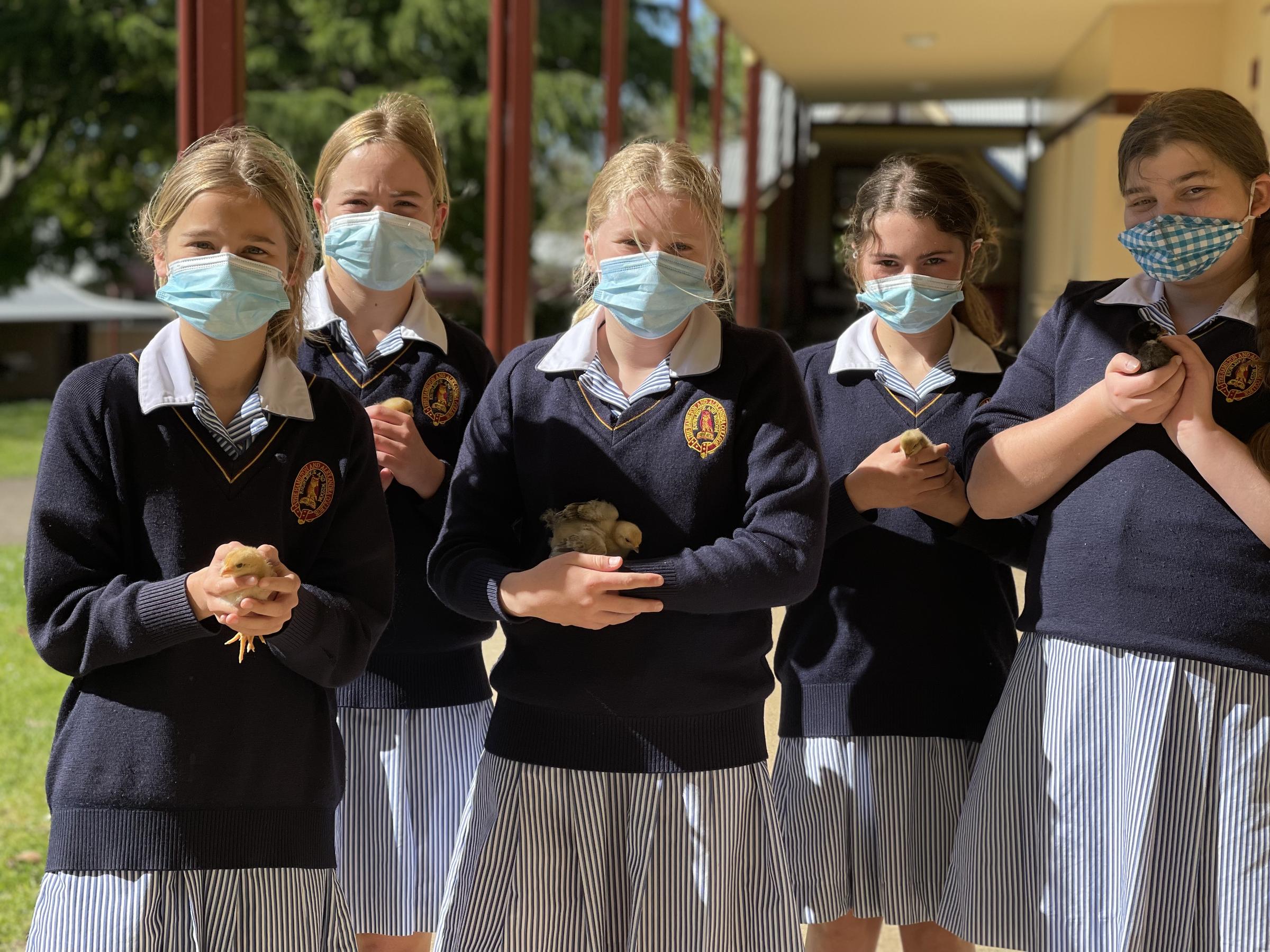Middle Years

“If you want to be the best, you have to do things other people aren’t willing to do” - Michael Phelps, 22 times Olympic Medallist.
This week in Assembly, I said to Middle Years students that they need to have a strong and productive term. They need to work hard, get organised and fully commit to their studies. This term, our biggest priority is to build confidence in our young learners and show them that things are ok. I want them to be enthusiastic and engaged in their learning.
“If I try, I have more chance of success.” These words capture an important attitude to learning. We all want our children to be able to cope with adversity, learn from failure and work through challenges. We want them to have a go and apply themselves. I said on the parent zoom meeting last week, the process is more important than results at this stage. If students work hard and really engage, the results will take care of themselves. This term is a confidence game.
Last weekend, Ash Barty said “go do the best you can”. This is what I want for all Middle Years Students.
Self-efficacy is the belief you can master your environment and effectively solve problems as they arise. It is the ability to define a goal, persevere, and see oneself as capable. Parents and teachers can help adolescents develop self-efficacy by reinforcing their strengths and helping them identify steps to achieve goals.
Students who display high self-efficacy, stay committed to solving problems. They don’t give up, and they willingly tackle challenges.
Study Tip #1: Boost your concentration
Finding an effective study method that suits you, can help boost your concentration. Everyone studies differently, so finding a method that works best for you is important. Reviewing readings, notes, or quizzes is an effective way to study.
Study Tip #2: Be an active learner
When listening in class, engage with the topic. Ask questions about what is being taught, connect the ideas to real life, compare it with other information you have learnt. Actively participating with your learning makes the material more meaningful and holds your interest. This makes concentrating easier.
Other study methods include:
- Making notecards - for new ideas and words, making notecards and flashcards and repeatedly reviewing them can help with memorizing words, terms, and concepts.
- Drawing - some studying requires reviewing structures and diagrams. Copying those diagrams and structures allows you to visualize what you're studying and makes it easier to remember.
- Creating an outline - this may help with mapping out bigger concepts, including the smaller details. It can also help create visual sections and groupings of information that help to recall details when exam time approaches.
Let’s make this term count!
Mrs Julia Winter Cooke
Head of Middle Years
